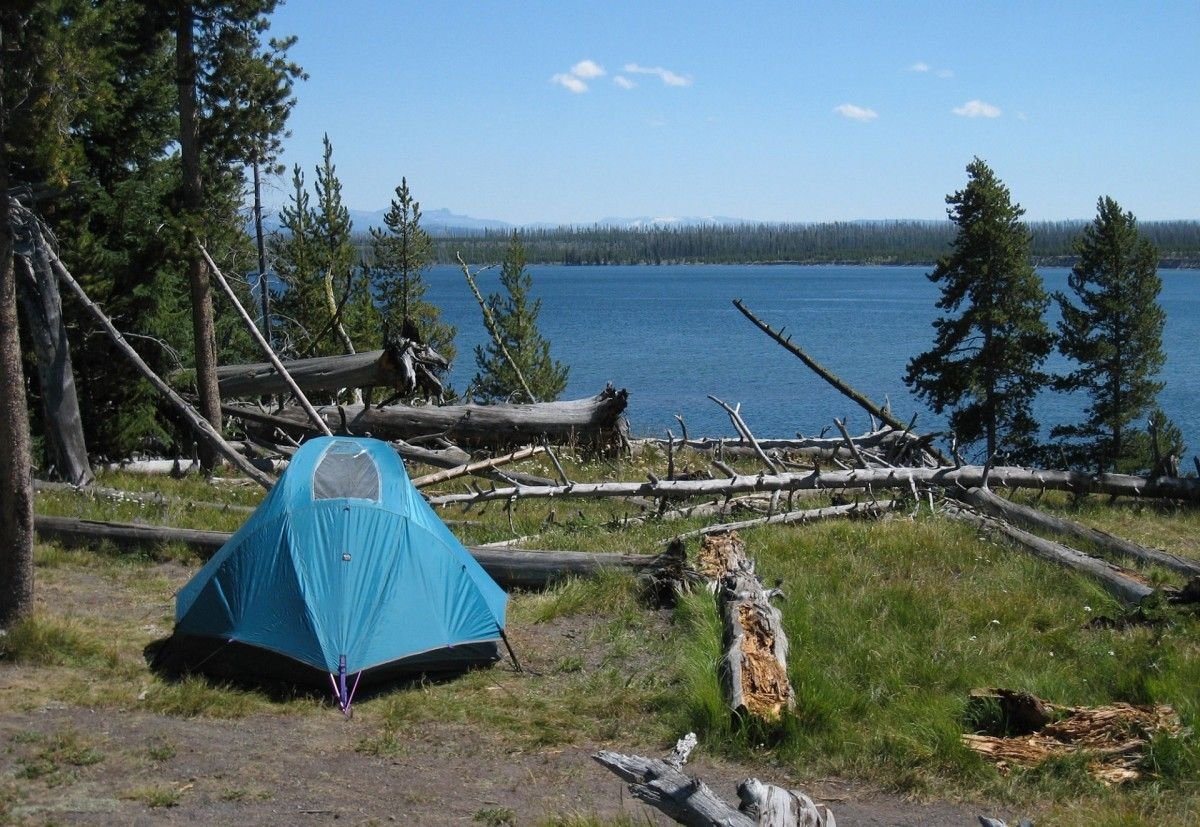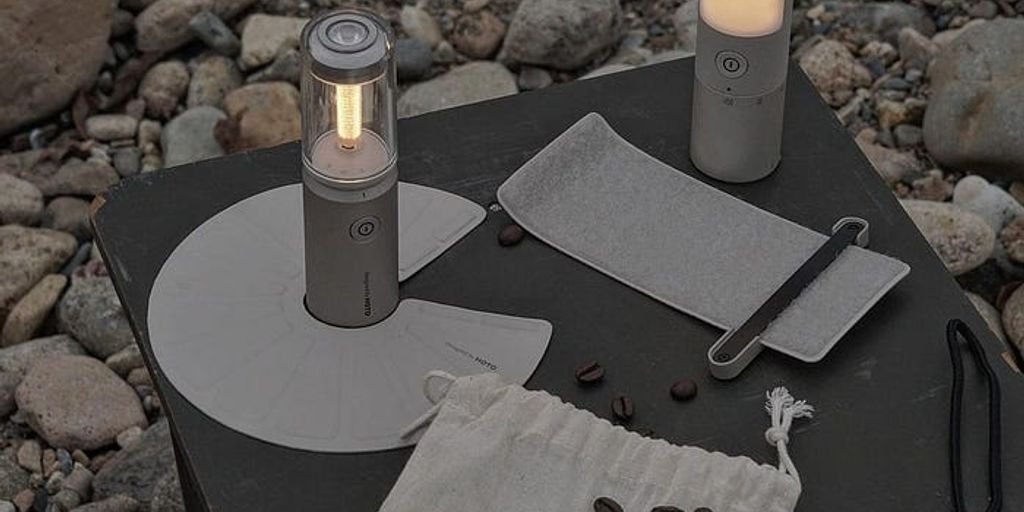Embarking on an outdoor adventure can be exhilarating, but it’s crucial to be well-prepared. Whether you’re planning a short hike or an extended expedition, having the right equipment can make all the difference. In this article, we will explore five essential pieces of equipment that should be on your packing list to ensure a safe and enjoyable experience in the great outdoors.
Key Takeaways
- A reliable backpack is fundamental for carrying all your essentials comfortably.
- A sturdy tent provides a safe shelter, protecting you from the elements.
- A quality sleeping bag is crucial for a good night’s rest in varying temperatures.
- A portable stove is essential for cooking and boiling water in remote locations.
- A water purification system ensures access to safe drinking water, vital for hydration and health.
1. Backpack
Choosing the right backpack is crucial for any outdoor adventure. A good backpack not only holds all your gear but also ensures comfort and durability over long distances. Selecting the perfect backpack depends on the type of trip and the amount of gear you need to carry.
- Capacity: Backpacks come in various sizes, measured in liters. For weekend trips, a 30-50 liter backpack is usually sufficient, while extended trips might require 60 liters or more.
- Fit: Make sure the backpack fits well. It should have adjustable straps and a hip belt to distribute weight evenly.
- Material: Look for waterproof or water-resistant materials to keep your belongings dry.
- Features: Consider backpacks with multiple compartments, hydration reservoirs, and external attachment points.
When packing, balance the load to maintain comfort and reduce the risk of injury.
2. Tent

Choosing the right tent is crucial for any outdoor adventure, as it serves as your temporary home away from home. The type of tent you select should match the specific conditions and activities of your trip. For instance, backpacking tents are lightweight and designed for easy transport, while family tents are larger and offer more comfort but are heavier.
- Backpacking Tents: Ideal for long hikes, designed to be lightweight and compact.
- Family Tents: Suitable for car camping or shorter walks, these tents prioritize space and comfort.
When selecting a tent, consider factors such as the tent’s weight, capacity, and weather resistance. It’s also important to think about the ease of setup and the quality of materials used. For example, a tent with aluminum poles is generally more durable and easier to set up than one with fiberglass poles.
3. Sleeping Bag

Choosing the right sleeping bag is crucial for a comfortable and warm night’s sleep during your outdoor adventures. The best sleeping bags provide excellent insulation, comfort, and are lightweight enough for easy transportation. When selecting a sleeping bag, consider the temperature rating, which indicates the lowest temperature at which the bag will keep you warm. It’s also important to choose between down or synthetic fill based on your budget and weather conditions.
Remember, the fit of the sleeping bag should allow some wiggle room without being too spacious, as this can affect its ability to retain heat.
Here are some key features to look for:
- Temperature rating
- Insulation type (down or synthetic)
- Weight
- Packed size
- Shell fabric
Ensure that your choice aligns with the specific conditions of your adventure to enhance your comfort and safety.
4. Portable Stove

When venturing into the great outdoors, a portable stove is essential for cooking meals and boiling water, especially in areas where open fires are prohibited. Portable stoves come in various types, including canister stoves, liquid fuel stoves, and solid fuel stoves, each suited for different conditions and preferences.
- Canister Stoves: Quick to light and easy to use, ideal for short trips.
- Liquid Fuel Stoves: Versatile and perform well in cold weather, suitable for longer expeditions.
- Solid Fuel Stoves: Compact and ultralight, best for emergency use or as a backup.
Choosing the right stove will depend on factors such as trip duration, weather conditions, and altitude. It’s crucial to consider the balance between weight and functionality to ensure a convenient and enjoyable outdoor cooking experience.
5. Water Purification System

When venturing into the wilderness, a water purification system is essential to ensure safe drinking water. These systems remove contaminants and pathogens, making water from streams, lakes, and other natural sources safe to consume.
Choosing the right water purification system depends on factors like weight, effectiveness, and ease of use.
Here are some popular types of water purification systems:
- Chemical purifiers use substances like iodine or chlorine to kill bacteria and viruses.
- UV light purifiers expose water to ultraviolet light, neutralizing harmful microorganisms.
- Filter systems physically remove particles and pathogens through a fine mesh.
Each type has its pros and cons, and the best option for your adventures might depend on the specific conditions you expect to encounter.
Conclusion
Equipping yourself with the right gear is crucial for any outdoor adventure. The five pieces of equipment discussed in this article are essential for enhancing your safety, comfort, and overall experience in the wild. Whether you’re hiking, camping, or engaging in any outdoor activity, these tools will help ensure you are well-prepared for the challenges and joys that nature offers. Remember, the right equipment can make the difference between a good trip and a great one. So, gear up and get ready to explore the great outdoors with confidence and ease.
Frequently Asked Questions
What should I consider when choosing a backpack for outdoor adventures?
Consider the size, fit, material, and compartments. It should be comfortable, durable, and suitable for the length of your trip.
How do I choose the right tent for camping?
Consider the tent’s size, weight, weather resistance, and ease of setup. Make sure it’s appropriate for the conditions and number of people.
What are the benefits of a good sleeping bag?
A good sleeping bag provides comfort, warmth, and protection from the elements, enhancing your overall outdoor experience.
Why is a portable stove important for outdoor trips?
A portable stove is crucial for cooking and boiling water, especially in areas where open fires are prohibited or impractical.
How do I use a water purification system?
Follow the manufacturer’s instructions. Typically, you’ll fill the device with water, wait for the purification process to complete, and then it’s safe to drink.
Can I use any type of water with a purification system?
Most systems are designed for natural freshwater sources. Avoid saltwater and heavily polluted water, as they can damage the system or require pre-treatment.


